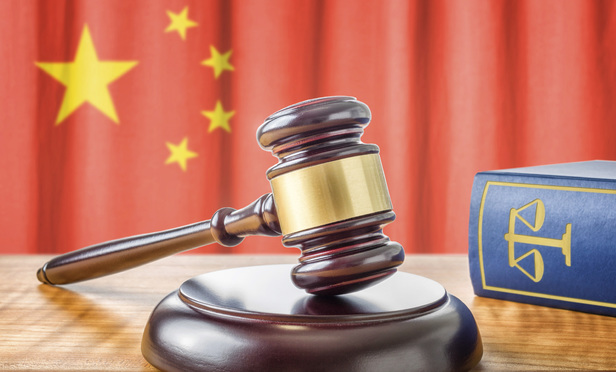Multinational corporations operating in the People’s Republic of China may have assumed that scrutiny of their local operations has become less of a priority now for the PRC authorities. After all, it’s been three years since GlaxoSmithKline, the United Kingdom-headquartered pharmaceutical company, was probed for bribery practices in the highest-profile local investigation of a foreign company to date. Since then, it has been largely Chinese domestic companies that have generated headlines around the murky topic of corruption. However, companies in China may soon find themselves back in the spotlight.
The U.S. Foreign Corrupt Practices Act (FCPA) is still the main anti-corruption statute on the minds of many in-house and compliance counsel of corporations operating in China. But it is no longer the only concern. On the ground in China, it is often local regulations that cause the greatest concern—at least for domestic subsidiaries and local employees of multinationals. In the past year, PRC authorities have taken steps to widen the scope of regulatory enforcement against bribery and corruption. Significantly, such local regulations apply to domestic and foreign entities alike.
This content has been archived. It is available through our partners, LexisNexis® and Bloomberg Law.
To view this content, please continue to their sites.
Not a Lexis Subscriber?
Subscribe Now
Not a Bloomberg Law Subscriber?
Subscribe Now
LexisNexis® and Bloomberg Law are third party online distributors of the broad collection of current and archived versions of ALM's legal news publications. LexisNexis® and Bloomberg Law customers are able to access and use ALM's content, including content from the National Law Journal, The American Lawyer, Legaltech News, The New York Law Journal, and Corporate Counsel, as well as other sources of legal information.
For questions call 1-877-256-2472 or contact us at [email protected]






